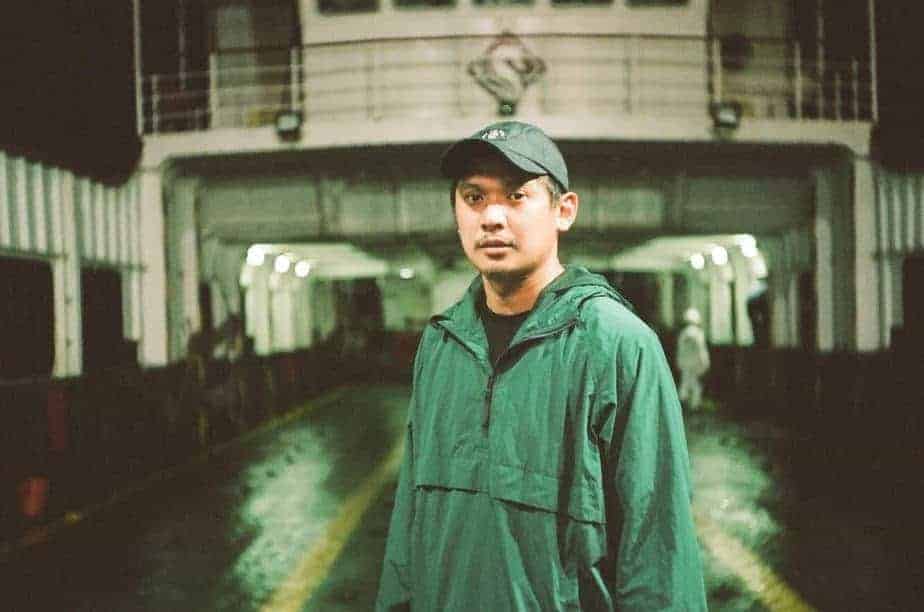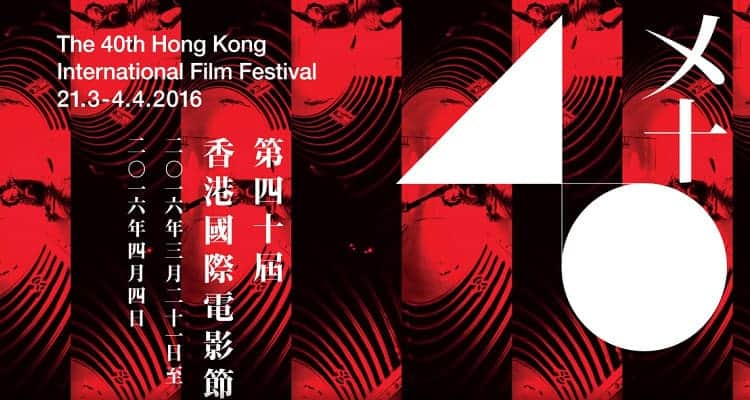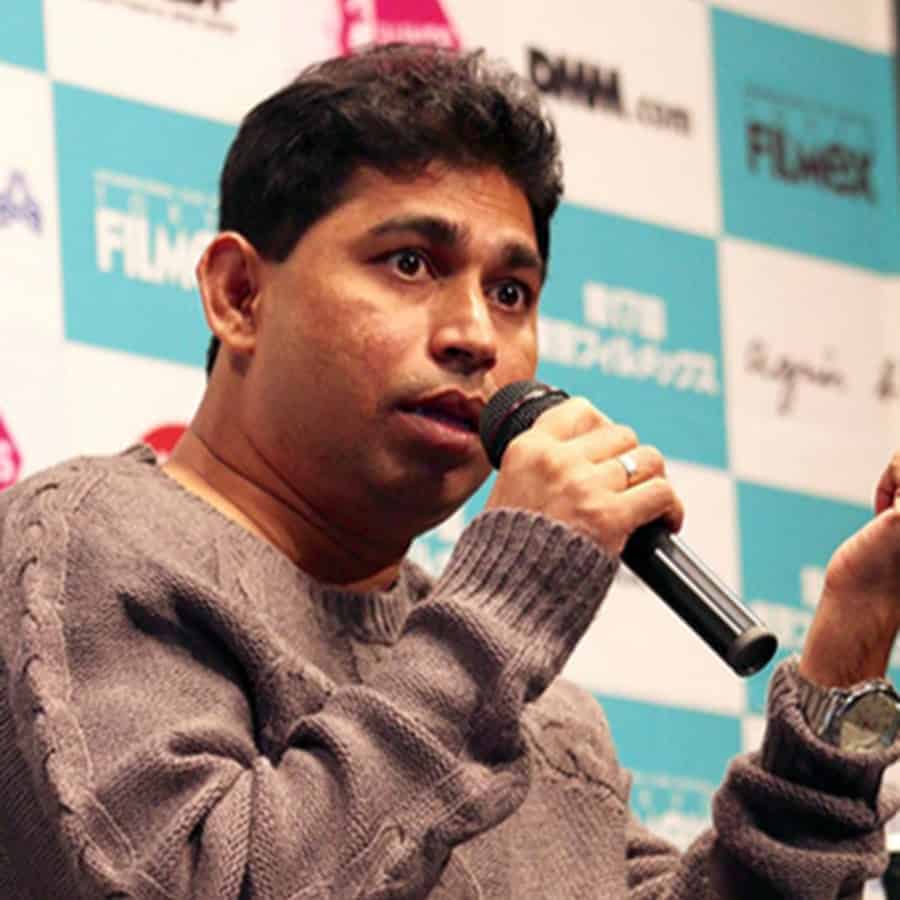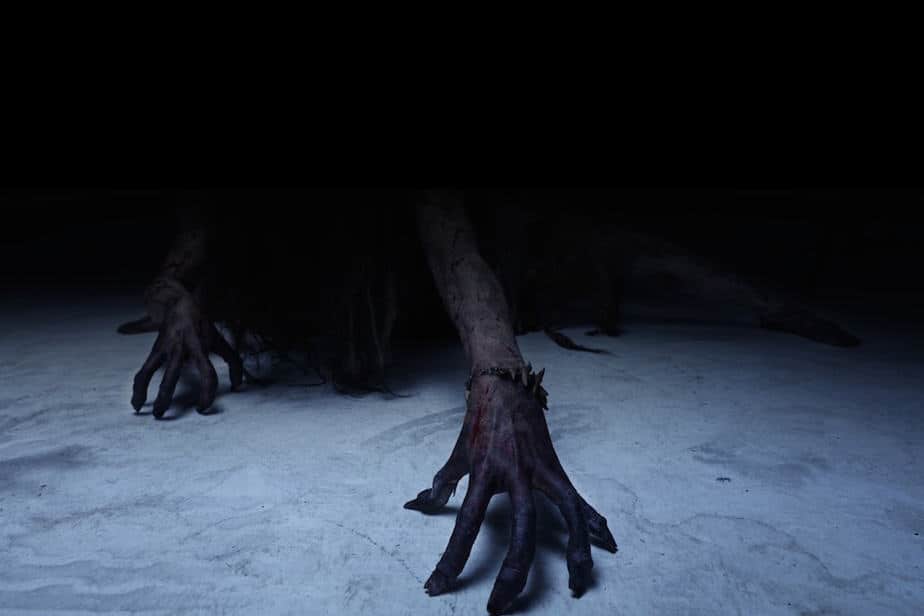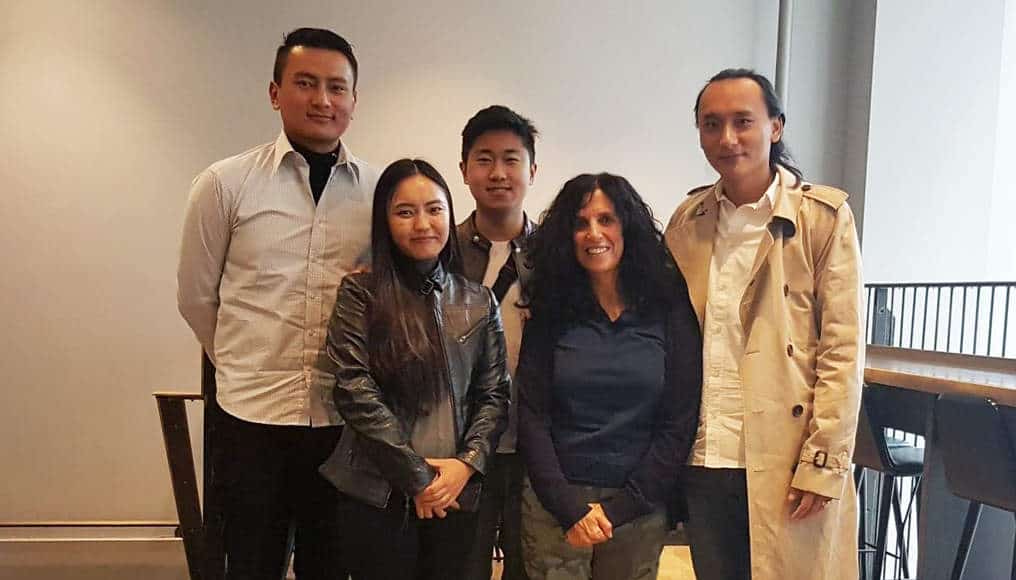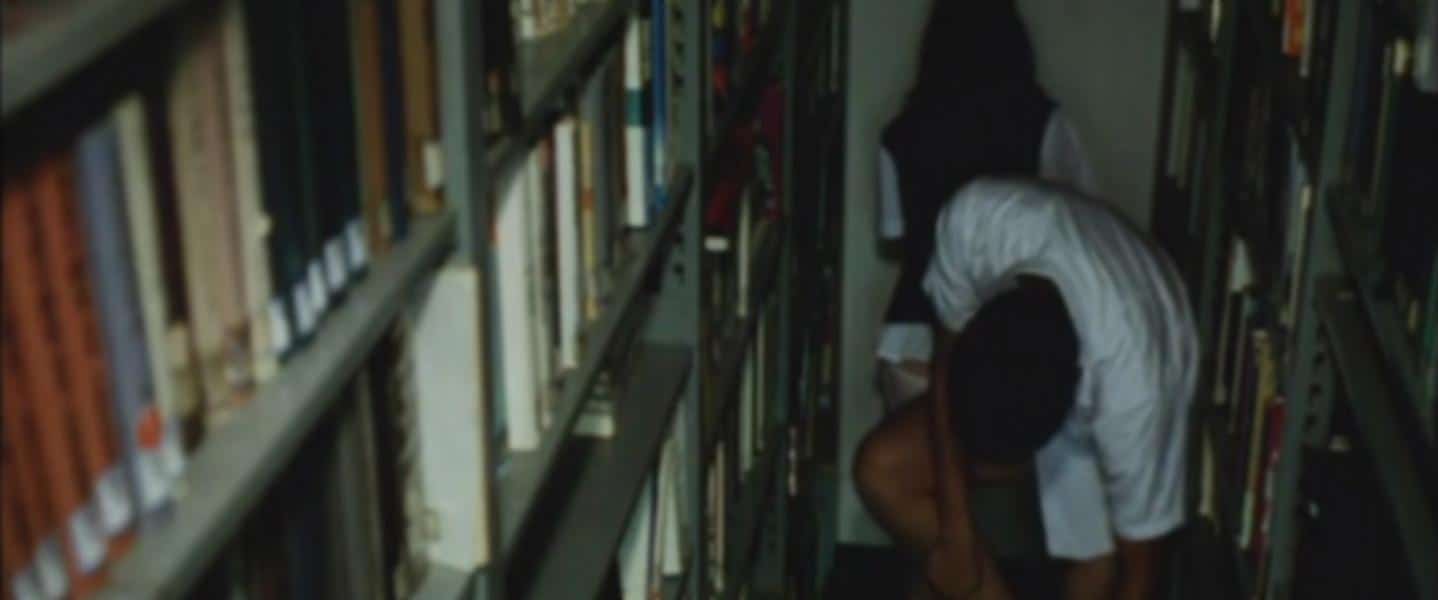Carlo Francisco Manatad (born October 4, 1987,Tacloban City) is a Filipino film director and editor based in Manila. He is a graduate of the University of the Philippines Film Institute. His short film, “Junilyn Has”, competed at the Festival del film Locarno and went on to screen at several international film festivals such as Clermont Ferrand, Uppsala, Winterthur and Busan to name a few. “Sandra and Fatima Marie Torres and the Invasion of Space Shuttle Pinas 25” has won awards in Russia, Romania and the USA, most notably winning the Best Comedy Short at the Aspenshorts Fest – an Oscar qualifying film festival. A Philippine and Singaporean co-production, “Jodilerks Dela Cruz, Employee of the Month”, his last short film was selected in competition at the 56th Semaine de la Critique at the 70th Cannes International Film Festival.
One of the most prolific editors in the Philippines today, he has collaborated with numerous filmmakers for independent and mainstream scene. Manatad is also an alumnus of the Asian Film Academy, the Berlinale Talent Campus, and the Docnet Campus Project. He is currently working on his first feature film, “Whether the Weather is Fine”, a film about the aftermath of Typhoon Haiyan of his hometown, Tacloban. The project is supported by the The CNC Aide des Cinema Du Monde, Ther Berlinale World Cinema Fund, BIFF's Asian Cinema Fund, Globe Studios and the Talents Tokyo Fellowship Fund, It has also participated at the EAVE Ties That Bind, La Fabrique Des Cinema du Monde – Cannes, Torino Film Lab – FeatureLab360 and the Cinefondation L'Atelier in Cannes.
On the occasion of the #TheKhavnProject, we speak with him about his career and his many works, the role of the editor in a film, directing, Chito Rono and Joji Alonso, and of course, Khavn.
Can you give us some info on your background on cinema (studies, how you started working as editor etc)?
I studied Management for almost three years. However, I couldn't imagine myself going to the office from 9 to 5 everyday, so I eventually shifted to Materials Engineering. Looking back, I could no longer remember why I chose that course to transfer to. Must be the reason why I also didn't last long in it.
I finally decided to shift to BA Film and Audio Visual Communication at the University of the Philippines Film Institute. My film organization introduced me to what would be my earliest moments with cinema. Whenever our group organized a film screening, I'd shamelessly present myself to help out, because that meant that I could also watch these films for free. Eventually, the events got bigger and the organization started bringing local independent festivals to the university. During these times, I made sure that I would be assigned as the film projectionist (playing MiniDV tapes).
The film program in school didn't require us to choose a field to focus on. However, during that time, becoming a “director” seemed to be the most popular choice. I strategically chose to focus on editing, since no one else seemed to be leaning towards it. I also believed that it comes closest to directing, in terms of shaping the narrative and setting up the whole mood and tone of a film.
To get better at it, I would ask my friends to let me edit their class exercises. But soon enough, they would be the ones to approach me to edit their works. This would be the start of the many years that I'd spend on editing, during my university life.
I was offered to edit an independent feature even though I was still in school. Despite my lack of confidence then, I accepted the project. I still remember being in the editing suite and being oriented on the whole editing process. I was nodding the entire time, as if I've completely absorbed what is currently happening. I didn't even know how to use Avid, the editing software they were using back then. When the bosses went out, I immediately took out my phone and Googled the basics. Let's just say the rest is history.
However, what has to be the most satisfying experience I've had during my early years in editing, was when I had to do the post-production of 11 short thesis films that would all be presented during that semester at the same time. That count excludes my own thesis film that I also had to shoot, edit, and present. Fortunately, by the end of it all, I survived. I even managed to get that year's Best Thesis Film award as a bonus!
You have been working in film since 2009. Which were the most significant changes you have witnessed in Filipino cinema and which in the field of editing?
The year I started working as an editor was also the year of transition for filmmakers, from shooting on film to digital. With that being said, there was a rise in digital productions during that time. A lot of films are still being produced now, mainly because of festival support. However, this does not entirely mean that the film projects are being funded well (that is another story). There is also the rise of digital platforms, which provide us with even more content. Some filmmakers cross over from the big screen to our phones and laptops.
Meanwhile, in post-production, everything is always changing and evolving. Either you keep up or you don't ride the bus.
How was your cooperation with Chito S. Rono in “Shake Rattle and Roll XV”?
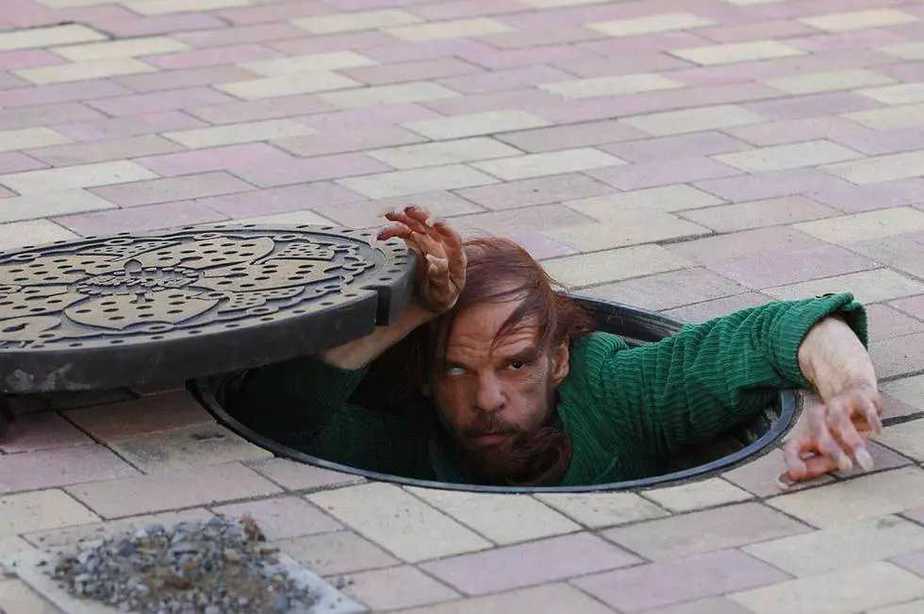
“Shake, Rattle and Roll XV” was actually the first commercial film that I've edited. Upon its offer, I accepted it without hesitation, since I have always wanted to work with Chito Rono. In the beginning, I was quite scared, since I had no idea what his process would be during post-production, especially since he is such a big name in our industry. However, I didn't expect that I'd connect with him so fast. It must be because we are actually both from the same region and we both speak Waray. I ended up learning a lot from him.
I remember only starting to edit the film on the last week of November, with only a few days left before its playdate (December 25). During that time, some provinces still used film negatives in their movie houses. Two days before the nationwide release, we were running late on the film version. We had to print the reels, even before visual effects were finished. Without rest, we spliced in the VFX using scotch tapes in the master reel, so that it could then be replicated and shipped to the provinces in time. It was such a memorable experience.
This was the 23rd of December!
Joji Alonso, in an interview I had with her, told me about you: “Carlo is like my son, he heads my post–production house. ” Could you give us some more details about your relationship and cooperation with her?
I started collaborating with her during the time when I was hired to edit one of her produced films for a local film festival. During this time, she was producing 4 entries. I was trying to compute in my head how much money would go down the drain simply for doing the post-production for these features, since everything was outsourced. So at some point, I proposed to her to invest in a few machines and hire a few freelancers to work on her films instead. Luckily, she agreed. Since then, those 2 machines have been up and running till now, eventually expanding into a full blown boutique post house. She's a very generous person. She has helped me quite a lot in the last few years I've been in the industry (giving jobs, helping coproduce my first feature etc.) but more than anything, she has treated me and my colleagues like family.
How did your cooperation with Khavn started?

It was 2013 when Khavn approached me to edit his feature film, “Ruined Heart”. I was already familiar with his work since some of his films like “Squatterpunk” and “Mondomanila” were screened in my Experimental Filmmaking class in school. I was apprehensive at first, since I felt like I still did not have that much experience in terms of editing. However, just like I always do, I still accepted the project despite my lack of confidence, since I did not want to pass on the unique opportunity of having the chance to work with him and his crew.
I remember meeting Khavn and his team at his house. I expected to be given a full-blown script, but to my surprise, he only handed me a very meticulous outline. During the production of “Ruined Heart”, I visited the set to present the dailies to him and Christopher Doyle. Visiting the set is usually not my thing. I don't really want to get too attached to the process of shooting, since when post-production happens – I have to ruthlessly cut what's not needed. I guess this is what they mean when they tell you to kill your darlings. But of course, I made an exception on that one. I couldn't let the opportunity of meeting Doyle up close pass by just like that.
During post-production, Khavn gave me the freedom to edit the film the way I felt it should be. But in the middle of editing “Ruined Heart”, Khavn asked me to rework his film “EDSA XXX: Nothing Ever Changes in the Ever-changing Republic of Ek-Ek-Ek” which would premiere in Rotterdam. I was offered to attend the premiere since we would be finishing the films' final leg of post-production of “Ruined Heart” in Berlin (PostRepublic).
After this, Khavn asked me to work on his short films and music videos. It was a very refreshing experience, since I've felt that it is only on my collaborations with him that I can freely and creatively do what I could not with the other projects I work on,
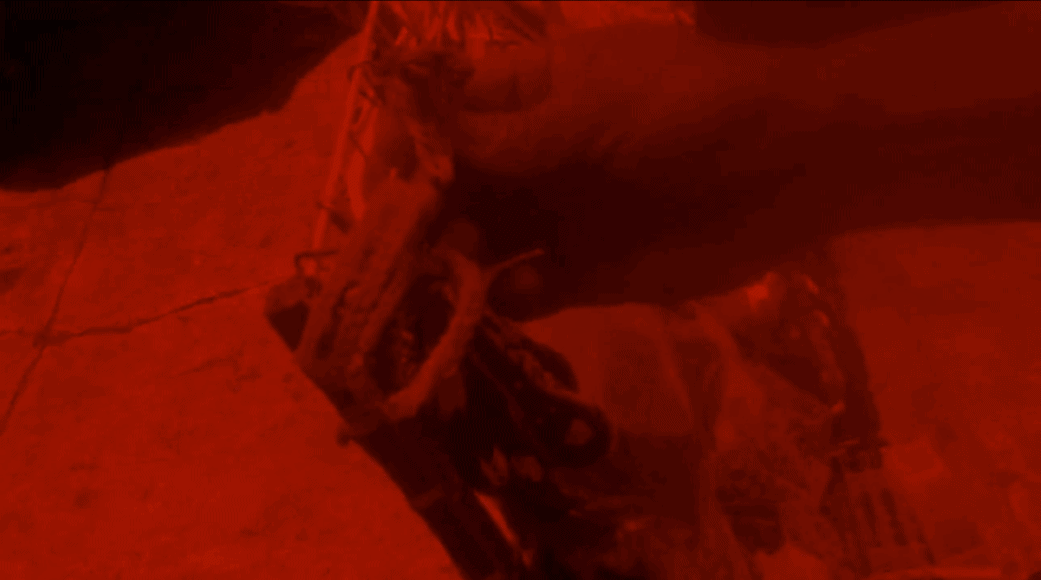
Probably the hardest editing work I did for him was “Simulacrum Tremendum” since I had to do almost everything. I was given hundreds of MiniDV tapes. Aside from that, I also had to go through four? (Five? Six? Can't remember really) different hard drives containing digitized footage of his everyday life, which range from the behind-the-scenes of his filmmaking process to very random footage, including that of his mom cleaning the dishes, and hours of him doing demos. It was crazy!
“Simulacrum” eventually premiered at the Rotterdam Film Festival – with the DCP arriving a day before the screening, since I was still cramming the film until the last minute. Fortunately, the premiere went well. I got sick for a week though. (laughs)
Through working with Khavn, I have witnessed how his cinema has evolved and went to new directions in a way. “Bamboo Dogs” turned out to be his most straight narrative film to date. “Balangiga: Howling Wilderness” is definitely his most sensitive work that I secretly teared up many times, during the time I was editing it. And “Alipato: The Very Brief Life of an Ember” – oh that was a beautiful mess.
How would you describe Khavn's cinematic style?
Punk, melodic and inventive. I guess that's how he has been, since he is not just a filmmaker, but also a poet, a musician and God knows what else he does.
Khavn does not give the script to his editors and even bans them from the shoot itself. Is this process more difficult for you?
It's actually a fun process. I don't like reading scripts anyway. (laughs) It may sound like it's too overwhelming of a process but the freedom he gives to his editors, actually challenges them to push themselves more and come up with newer tricks on their sleeves. There are times when I feel like my head is going to explode, but I'm still alive and kicking so far so I guess I am fine with this whole set-up with Khavn.
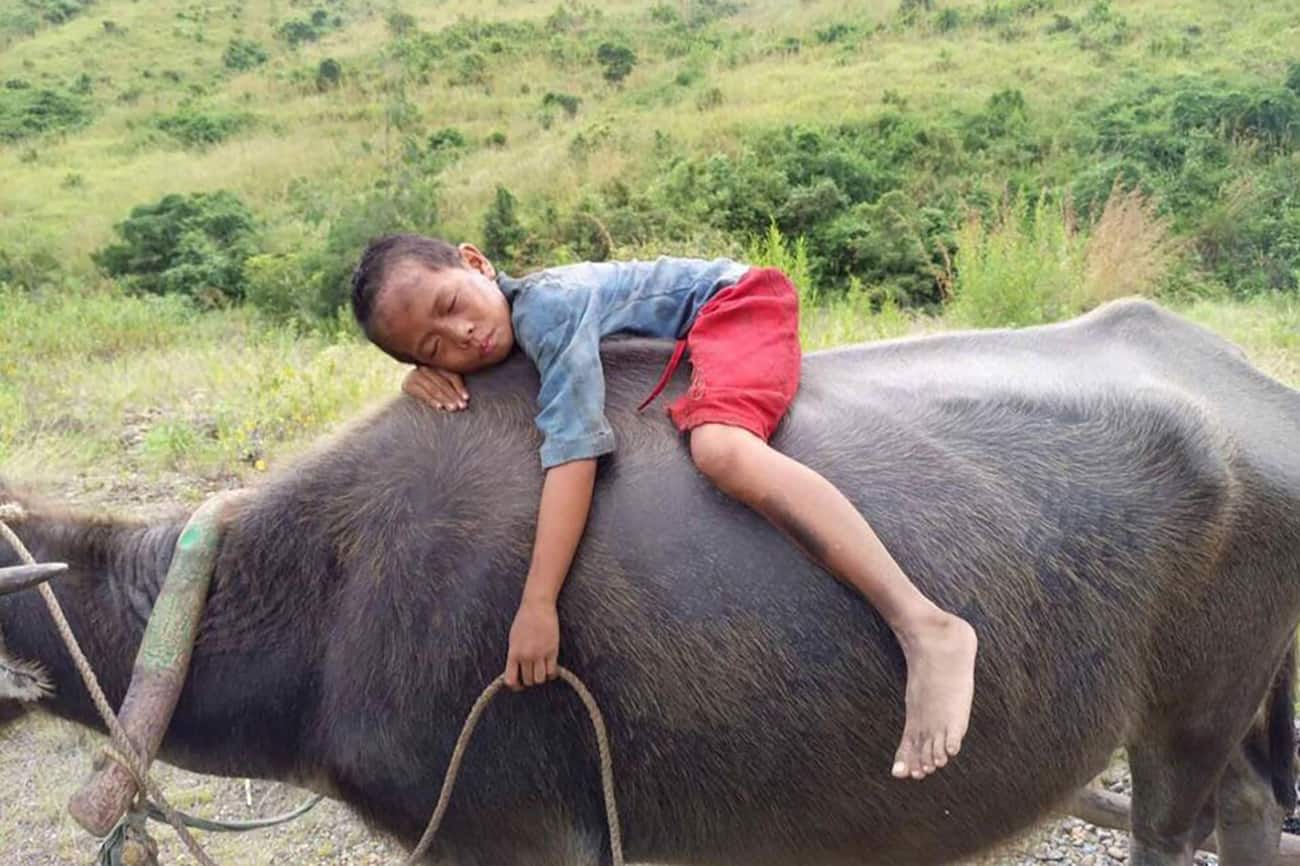
There are many misconceptions about where the role of the editor stops and where that of the director begins. Can you give us some details about your work, in that regard? Who is usually responsible for the pace of the film?
I think the roles of both the director and editor do not stop until the film is complete. Is it a never-ending process. Even when you think that the film has already reached its final form, you'd be surprised that there'd still be another and possibly a better approach to it.
With Khavn, the editing never stops until the film has premiered. Some times, even if it already did, we come back to it to explore other possibilities some more. Editing with him includes trying and failing a lot of times. However, when we do find something that works, it changes everything. It really does feel like magic sometimes.
When it comes to pace, it is ultimately dictated by the material and the narrative that you want to tell.
How would you describe Khavn as a person?
Khavn treats you like family. Minus the punkish façade and striking neon colored outfits he wears, he is actually a really simple person. From collaborating with him and working on several projects, I have been greatly inspired by his chill and optimistic attitude in general.
He also inspired me to always break the rules. He helped me realize that something creative and unique can come out of being crazy and outrageous in filmmaking. Aside from that, he also suggests crazy titles which I love, but don't have the courage to use. I owe some of the absurdities in my films to Khavn's chaotic energy.
Apart from editor, you have also directed a number of short films and recently, a documentary. How come you focused on editing though? Are you planning on pursuing directing more intently in the future?
Even before being an editor, I really wanted to direct and do my own stuff, but as I've said before, I pursued editing because I wanted to be practical about my career track. Also, eventually I became so absorbed in post-production and deeply fascinated with the entire process, that I forgot about this entire other dream that I had.
However, things changed in 2015. For the longest time, Khavn has been pushing me to create something of my own. So, while we were on the post-production of another of his feature films, “Alipato: The Very Brief Life of an Ember”, I finally took a leap in directing. Thus the birth of “Junilyn Has”.
It was such a relief that my debut in short films went on to premiere in Locarno. Since then, I've been doing more short films while still editing a lot of other films. My experience with editing actually helped me a lot in my directing, especially when it comes to deciding the pace of a scene on set.
However, I don't really intend to leave editing altogether. It would be impossible to move on from it since it was my first love.
What new projects are you working on at the moment?
I am currently finishing post production for my film “Whether the Weather is Fine”. And also editing another bunch of shorts by Khavn.


